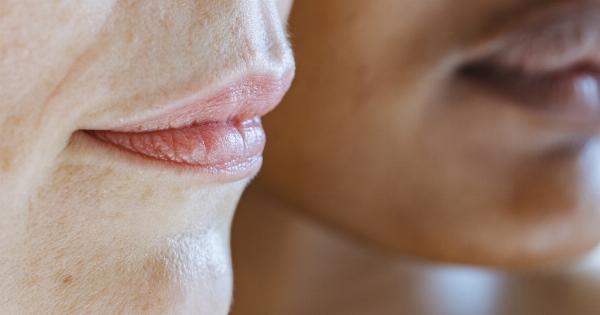It is a well-known fact that exercise is essential for maintaining a healthy lifestyle, both physically and mentally.
However, there is a fine line between exercising adequately and over-exercising, which can lead to several health issues such as an agitated gut.
What is an Agitated Gut?
An agitated gut is a common condition in which the digestive system fails to break down food properly, leading to malabsorption, bloating, flatulence, and discomfort.
The symptoms can be mild to severe, depending on the severity of the agitated gut and its underlying causes.
What Causes an Agitated Gut?
Several factors contribute to an agitated gut, including stress, poor diet, medications, hormonal imbalances, and over-exercising. While stress and poor diet are the leading causes, over-exercising is also a significant contributor.
How Does Over-Exercising Lead to an Agitated Gut?
Over-exercising involves pushing the body beyond its limits, leading to stress and inflammation, one of the primary causes of an agitated gut. The digestive system relies on a healthy immune system to function correctly.
When the immune system is compromised due to over-exercising, the digestive system gets affected, leading to inflammation and digestive disturbances. Over-exercising also causes excessive sweating that leads to dehydration, which impairs the digestive system’s function, leading to an agitated gut.
Healing Properties of Exercise
While over-exercising can be detrimental, some exercises have healing properties that benefit people with an agitated gut.
Yoga
Yoga is a form of exercise that promotes relaxation through breathing techniques, gentle movements, and holding poses. The practice has been shown to relieve stress, inflammation, and anxiety, all significant contributors to an agitated gut.
Additionally, yoga has been shown to improve digestion and relieve constipation, making it an ideal exercise for people with an agitated gut.
Pilates
Pilates is a low-impact exercise that emphasizes postural alignment, core stability, and controlled movements. Like yoga, Pilates has been shown to promote relaxation, relieve stress, and improve digestion.
It also strengthens the abdominal muscles, which play a crucial role in digestion.
Walking
Walking is a low-impact exercise that has many health benefits, including improving digestion. Walking helps stimulate the digestive muscles, making it easier for food to move through the digestive system.
It also reduces stress and promotes relaxation, contributing to better digestion.
Cycling
Cycling is a low-impact cardiovascular exercise that helps relieve stress and inflammation, two primary contributors to an agitated gut. Additionally, cycling improves circulation, which promotes better digestion.
Conclusion
While over-exercising can lead to an agitated gut, some exercises can help heal the condition. Yoga, Pilates, walking, and cycling are low-impact exercises that promote relaxation, reduce stress, and improve digestion.
It is essential to find the right balance between exercising adequately and over-exercising to maintain a healthy gut and a healthy lifestyle.





























